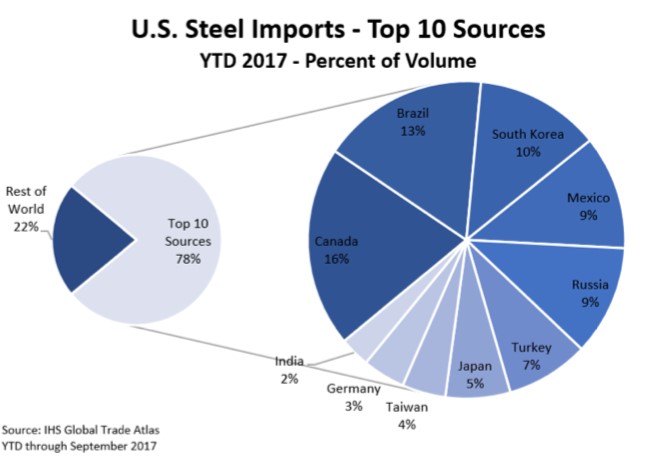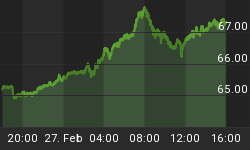Canada and Mexico will be indefinitely exempt from U.S. steel and aluminum tariffs imposed by Trump late yesterday, and other countries will be able to negotiate exemptions, too—so all the bluster about dangerous tariffs and a looming trade war just faded, as far as the market is concerned.
After the closing bell yesterday, the Dow gained 93 points.
Trump has a tried-and-true MO of raising the stakes on a big issue, and them implementing something much softer. Lobbyists buy it, for a time. Voters buy it, and the stock market buys it, too.
While Elon Musk likened the tariffs to an “Olympic race wearing lead shoes”, at the end of the day, and as further details emerged, what we got was a watered-down version of tariffs that isn’t likely to ruffle nearly as many feathers, outside of Asia—the original target.
Trump traded lead shoes for a trimmed down pair of steel-toed boots. It’s not Olympian; but neither is it debilitating.
The tariffs will go into effect in 15 days, and this is what you need to know:
Canada is the biggest supplier of steel and aluminum to the United States (no, it’s not China). The U.S. and Mexico are Canada’s top two markets for steel exports, accounting for 97 percent of the total. In 2016, Canada sent 87 percent of its steel to the U.S., and 8 percent to Mexico. Last year, that figure was 84 percent.
While everyone was wondering why tariffs ended up looking like an attack on Canada instead of China, it emerged that the U.S. administration expressed concerns that Chinese steel and aluminum products were coming into the U.S. through Canada. It was an idea that Canadian Prime Minister Justin Trudeau found unrealistic, at best.
According to Canadian media, citing an unnamed official, Trudeau told Trump that Canadian steel and aluminum workers would be surprised to hear the products they were manufacturing were Chinese. Related: PayPal Gets A Boost From Its Crypto Patent
So Canada won an exclusion, and there may or not be a trade-off.
According to Politico, a senior U.S. official said that Canada (and Mexico, too) will have to negotiate “some agreement to address the threat to U.S. national security caused by their steel and aluminum exports to the United States”.
But Canada and Mexico are also the top destinations for U.S. steel exports. Canada was the largest market for U.S. exports of steel, accounting for 50 percent of the total in 2017. Mexico took in 39 percent of total U.S. steel exported last year.

(Click to enlarge)
Mexico accounted for 9 percent of all U.S. steel imports last year.

(Click to enlarge)
Now, there’s talk of other possible exemptions, and Trump has specifically hinted that Australia will be among them.
“We have a very close relationship with Australia,” Trump said. “We have a trade surplus with Australia. Great country, long-term partner. We’ll be doing something with them. We’ll be doing something with some other countries.”
By Charles Benavidez for Safehaven.com
More Top Reads From Safehaven.com:
















